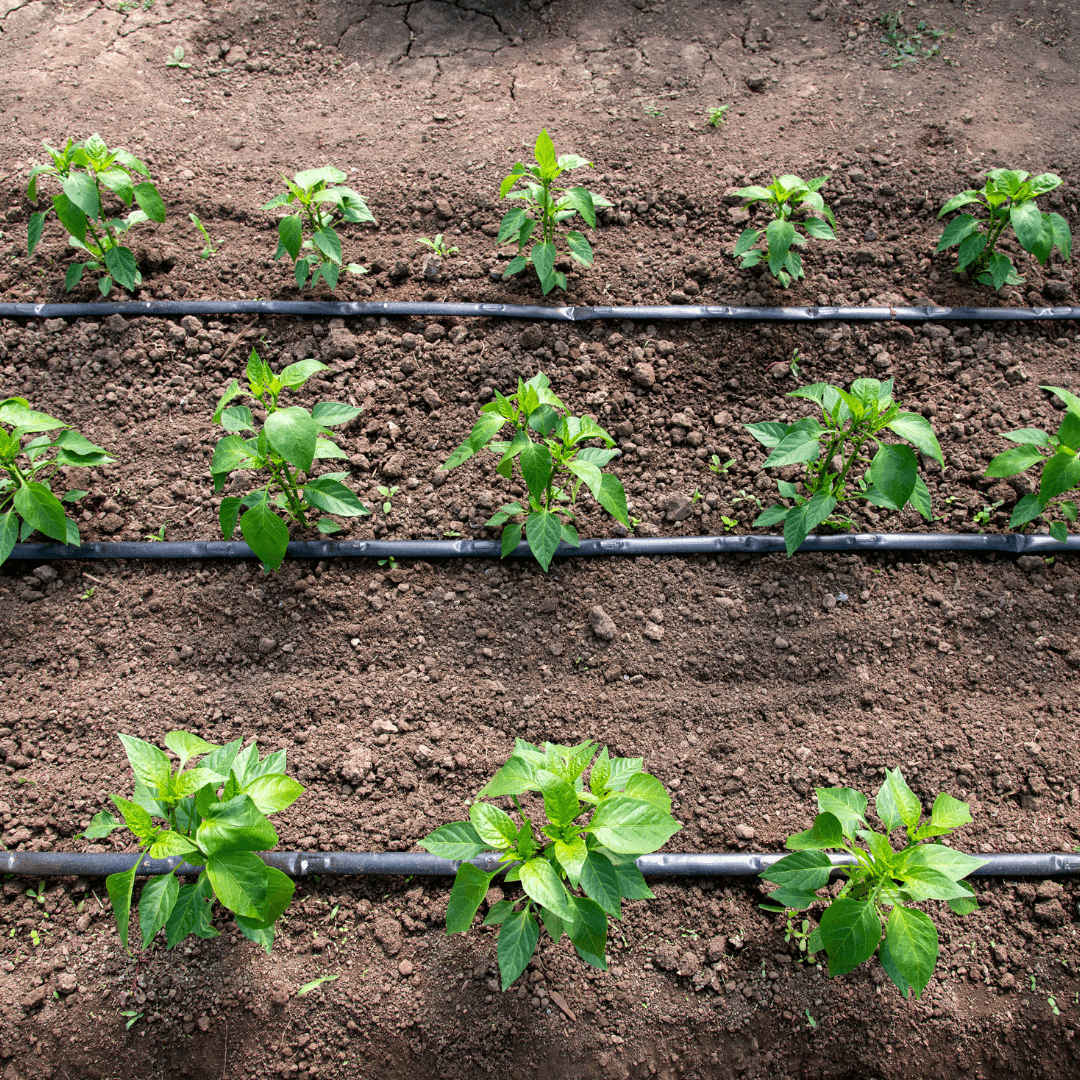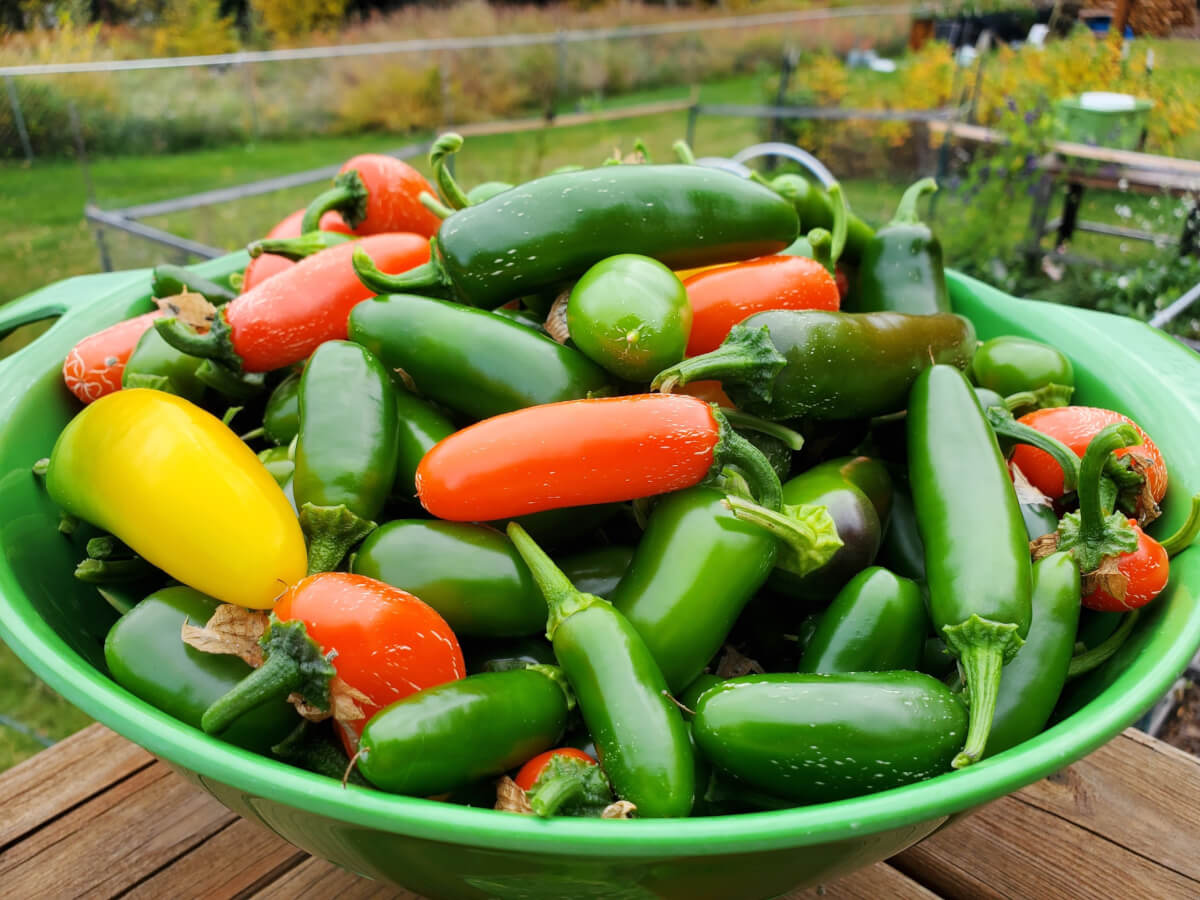Exactly How Fertilizers Play a Critical Duty in Growing Healthy And Balanced and Abundant Pepper Crops
Plant foods function as the backbone of successful pepper farming, supplying a tactical approach to nourishing the dirt and fostering optimal plant growth. The detailed dance between crucial nutrients and the pepper plants' physiological procedures underscores the crucial function that plant foods play in making certain a bountiful harvest. From sustaining durable origin development to reinforcing condition resistance, the impact of plant foods is significant in the cultivation of fruitful and healthy and balanced pepper crops. Keep tuned to discover the nuanced methods in which plant foods add to the prospering of pepper plants and the sustainable practices that underpin their efficacy.
Importance of Nutrient-Rich Plant Foods
The use of nutrient-rich fertilizers plays an essential duty in improving the performance and high quality of pepper crops in modern farming practices. Nitrogen, phosphorus, and potassium are key nutrients that are essential for the growth and advancement of pepper plants.
Inadequate degrees of these nutrients can result in stunted growth, minimized yields, and susceptibility to diseases (best fertilizers for peppers). Nutrient-rich plant foods offer a targeted service to make certain that pepper plants obtain the essential aspects for optimal development and efficiency. In addition, these plant foods aid improve soil fertility gradually, developing a sustainable environment for long-term pepper growing
Enhancing Plant Development and Development
To enhance plant growth and development in pepper plants, calculated application of nutrient-rich plant foods is necessary. Fertilizers play a crucial duty in enhancing the overall wellness and performance of pepper plants by offering them with vital nutrients that may be lacking in the dirt. Phosphorus, nitrogen, and potassium are primary macronutrients called for in huge quantities by peppers for durable growth. Nitrogen help in leafed green development and total plant vigor, phosphorus sustains root development and flower development, while potassium contributes to disease resistance and fruit top quality.
In enhancement to these macronutrients, micronutrients such as iron, magnesium, and zinc are additionally crucial for the proper functioning of different plant processes. Iron, for example, is necessary for chlorophyll production, which is crucial for photosynthesis and general plant development. Zinc plays a critical function in enzyme activity and hormonal agent synthesis, influencing plant development and development at a cellular degree. Magnesium is necessary for the formation of chlorophyll and total energy transfer within the plant.

Boosting Condition Resistance With Fertilizers
By purposefully including targeted fertilizers, farmers can reinforce the disease resistance of pepper plants, making certain optimum plant wellness and performance. Plant foods consisting of vital nutrients like potassium, nitrogen, and phosphorus play a critical function in enhancing pepper plants' immune systems, making them much more resilient to numerous conditions.

Optimizing Pepper Return Through Fertilizing
Making use of a well balanced fertilization technique is crucial to accomplishing optimum pepper return and guaranteeing optimal plant productivity. By giving peppers with the best nutrients at the correct time, farmers can significantly enhance their yield potential. Phosphorus, potassium, and nitrogen are necessary components for pepper development, with nitrogen aiding in leaf and stem development, phosphorus supporting root development and flower development, and potassium advertising general plant health and wellness.
To take full advantage of pepper yield, it is important to carry out soil examinations to figure out existing nutrient degrees and identify any deficiencies that need to be resolved. Based on these results, farmers can develop a customized fertilization strategy that meets the particular demands of their pepper plants. Additionally, proper fertilizing strategies such as split applications throughout the growing season can make certain constant vitamins and mineral accessibility for the plants.

Lasting Plant Food Practices for Peppers
In thinking about sustainable plant food methods for peppers, it is necessary to concentrate on long-lasting dirt health and ecological stewardship in conjunction with optimizing crop performance. One essential method is the usage of organic fertilizers such as garden compost, manure, or cover plants, which not just provide necessary nutrients to the peppers however additionally contribute to soil framework and microbial task. best fertilizers for peppers.
Furthermore, accuracy agriculture methods, such as dirt screening and targeted nutrient applications, can help optimize plant food use, making sure that peppers receive the nutrients they require without excess overflow into waterways. This not only benefits the atmosphere by reducing contamination but additionally saves prices for farmers by decreasing waste. By taking on sustainable fertilizer practices, pepper farmers can guard the wellness of their crops, dirt, and bordering communities for future generations.
Conclusion
To conclude, plant foods are crucial for growing healthy and bountiful pepper crops. best fertilizers for peppers. They provide needed i thought about this nutrients for plant growth and growth, boost disease resistance, and make best use of yield. By applying sustainable plant food techniques, farmers can ensure the lasting health and wellness of their pepper plants and add to an extra environmentally-friendly and efficient farming system
The detailed dance between necessary nutrients and the pepper plants' physiological processes highlights the crucial function that fertilizers play in ensuring an abundant harvest.To maximize plant growth and growth in pepper crops, calculated application of nutrient-rich plant foods is important. Fertilizers play a crucial role click to read more in enhancing the total health and performance of pepper plants by providing them with vital nutrients that might be lacking in the soil.By strategically integrating targeted fertilizers, farmers can reinforce the condition resistance of pepper plants, ensuring optimum plant health and productivity. Plant foods having necessary nutrients like nitrogen, potassium, and phosphorus play an essential duty in reinforcing pepper plants' immune systems, making them a lot more resistant to various conditions.